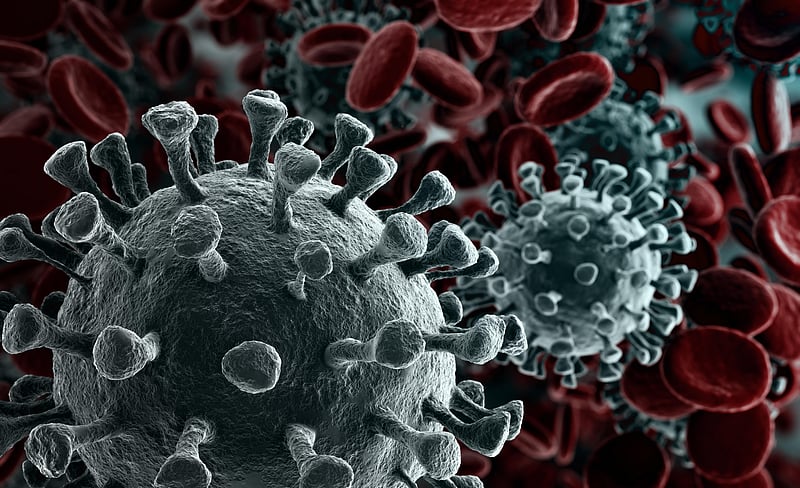ATTENTION ALL CUSTOMERS:
Due to a recent change in our pharmacy software system, all previous login credentials will no longer work.
Please click on “Sign Up Today!” to create a new account, and be sure to download our NEW Mobile app!
Thank you for your patience during this transition.
Get Healthy!

- By Dennis Thompson HealthDay Reporter
- Posted July 15, 2022
Don't Use Luvox, Colchicine to Fight COVID, WHO Experts Say
People shouldn't take the drugs colchicine and fluvoxamine to treat mild to moderate COVID-19, the World Health Organization (WHO) is warning.
The antidepressant drug fluvoxamine (Luvox) and the gout drug colchicine are commonly used and inexpensive drugs that have received considerable interest as potential COVID-19 treatments.
However, there is insufficient evidence that either drug improves important outcomes for patients, according to a WHO report produced by a panel of experts and recently published online in The BMJ.
Fluvoxamine should only be used in clinical trials, the WHO report advised, based on data from three randomized controlled trials involving more than 2,000 patients.
The organization strongly advised against using colchicine at all, based on data from seven clinical trials involving nearly 16,500 patients.
After reviewing the evidence, the WHO panel concluded that almost all well-informed patients should choose not to take either drug for COVID-19.
Previously, the WHO has strongly recommended the use of nirmatrelvir and ritonavir in treating COVID-19. It has also issued conditional recommendations for sotrovimab, remdesivir and molnupiravir for high-risk patients with non-severe COVID.
For patients with severe COVID-19, the WHO strongly recommends corticosteroids, with the addition of IL-6 receptor blockers or baricitinib, the panel said in a journal news release.
But it advises against the use of convalescent plasma, ivermectin and hydroxychloroquine in COVID patients, no matter how severe their disease.
More information
The U.S. Centers for Disease Control and Prevention has more about COVID therapies.
SOURCE: The BMJ, news release, July 13, 2022






